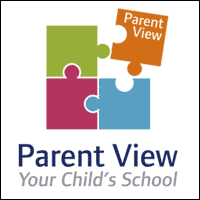Religious Education
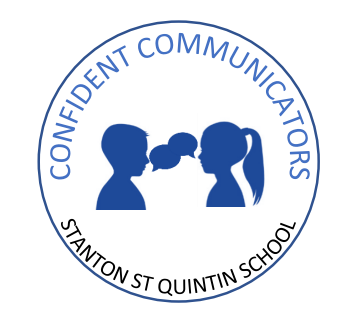 Ensuring that all our children become 'Confident Communicators' is one of our 5 curriculum drivers. We have designed a high quality RE curriculum which explores different religions and beliefs. As well as learning about the values and traditions of different religions, children are encouraged to discuss and compare them, to ask questions and to think about values of society, to explore their own ideas and beliefs, while being respectful of others.
Ensuring that all our children become 'Confident Communicators' is one of our 5 curriculum drivers. We have designed a high quality RE curriculum which explores different religions and beliefs. As well as learning about the values and traditions of different religions, children are encouraged to discuss and compare them, to ask questions and to think about values of society, to explore their own ideas and beliefs, while being respectful of others.
Click here for our RE Long Term Plan
Examples of our Unit Plans
How does being Jewish make difference to family and celebration KS1
Creation and Science, conflicting or complimentary KS2
Here are some of our experiences...
Lifepath at Malmesbury Abbey
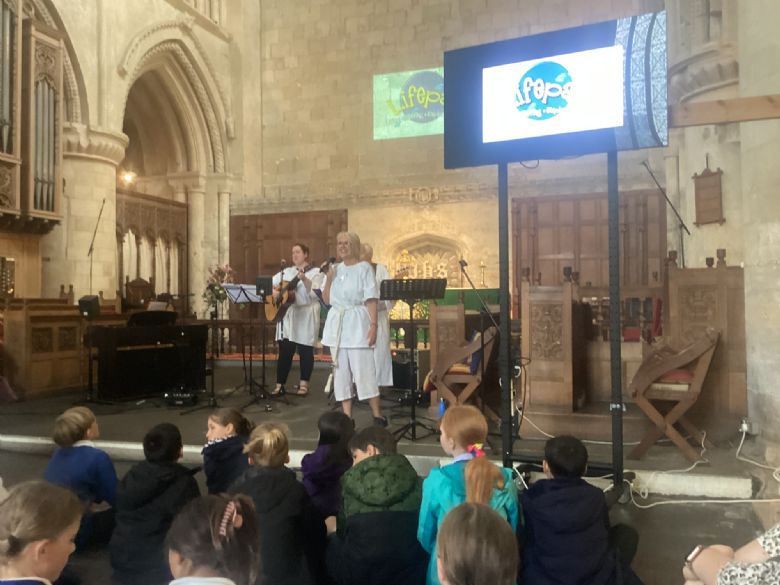
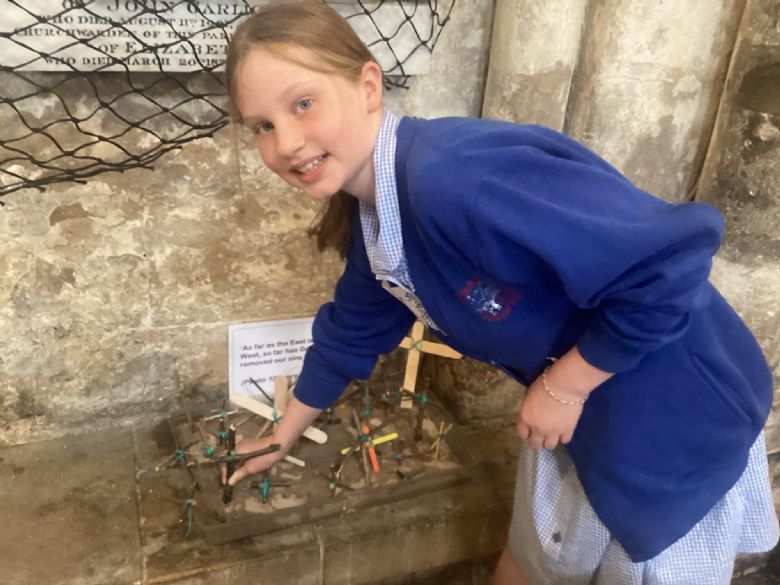
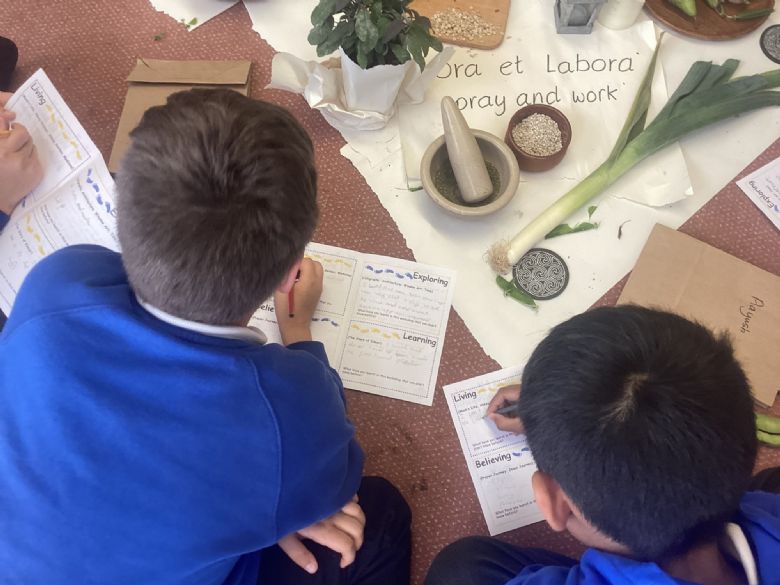
World Religion Day Hindu mandalas
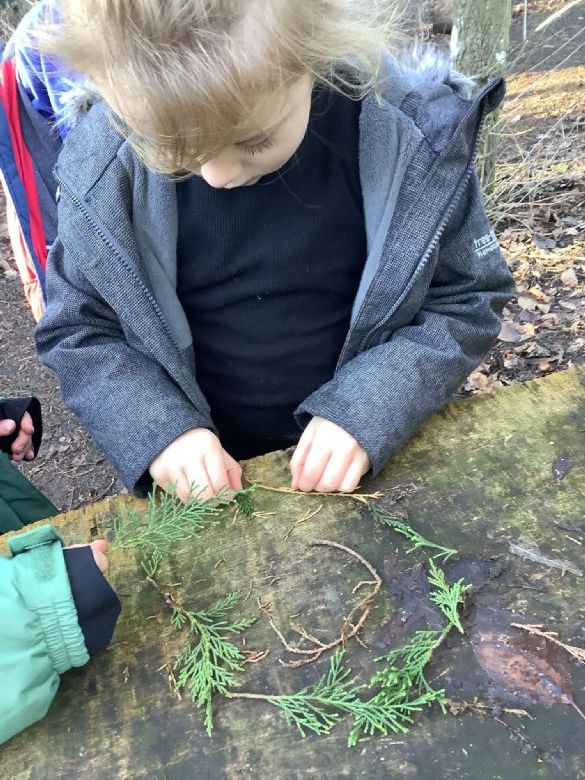
Learning how to tie a Sikh turban and understanding why Sikh's do not cut their hair...
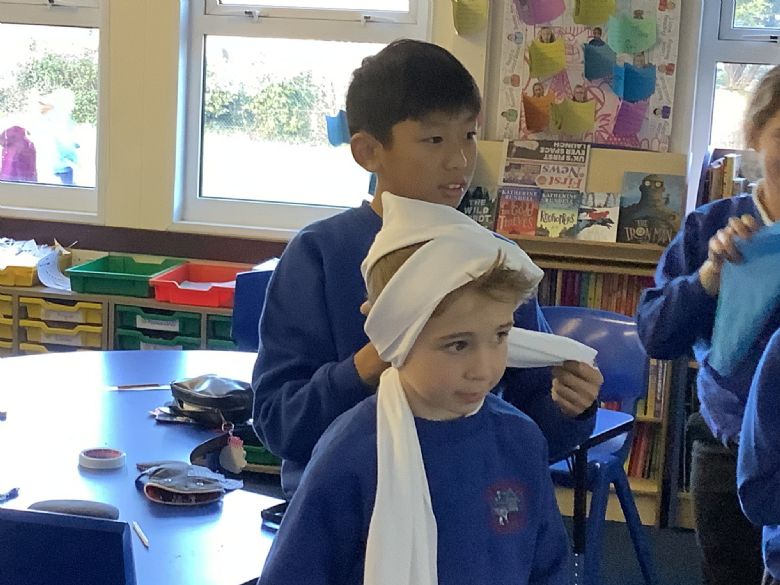
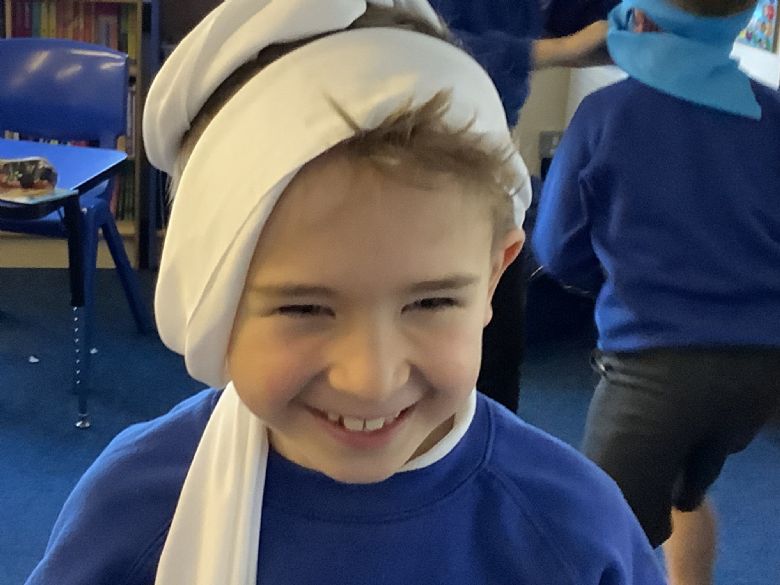
Visiting a special place for Christians...
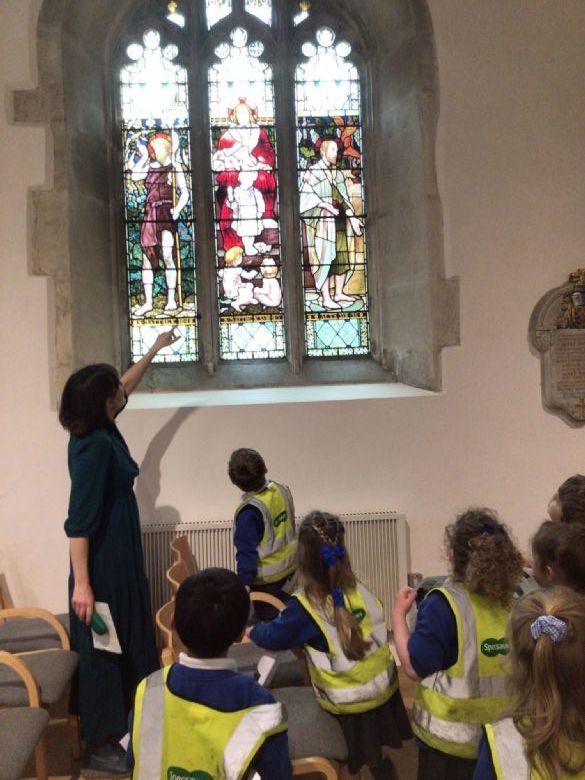
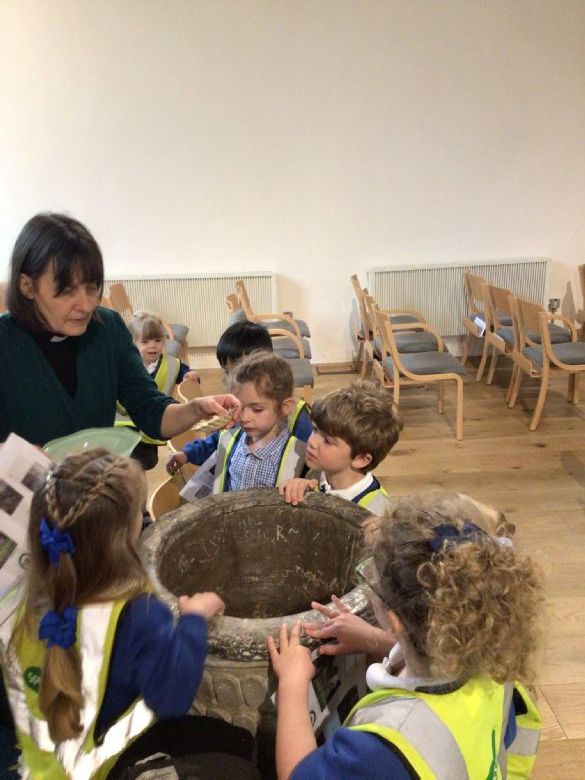
Learning a traditional Hindu dance for Diwali
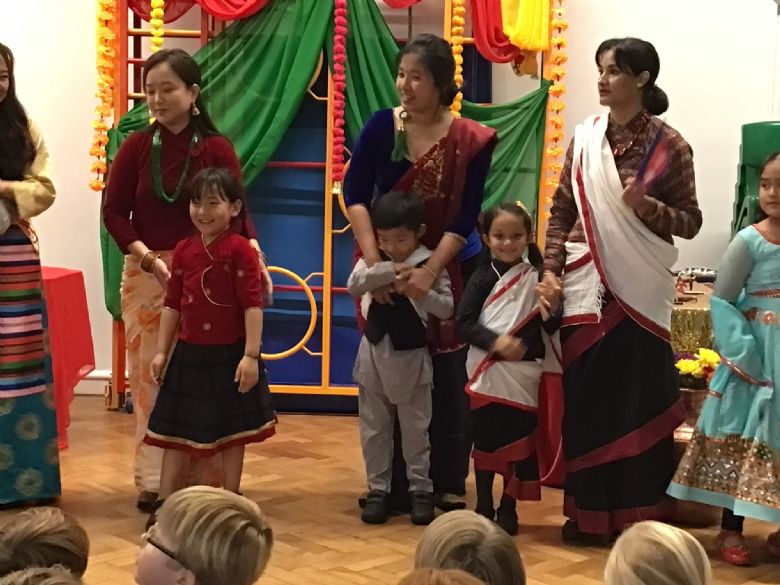
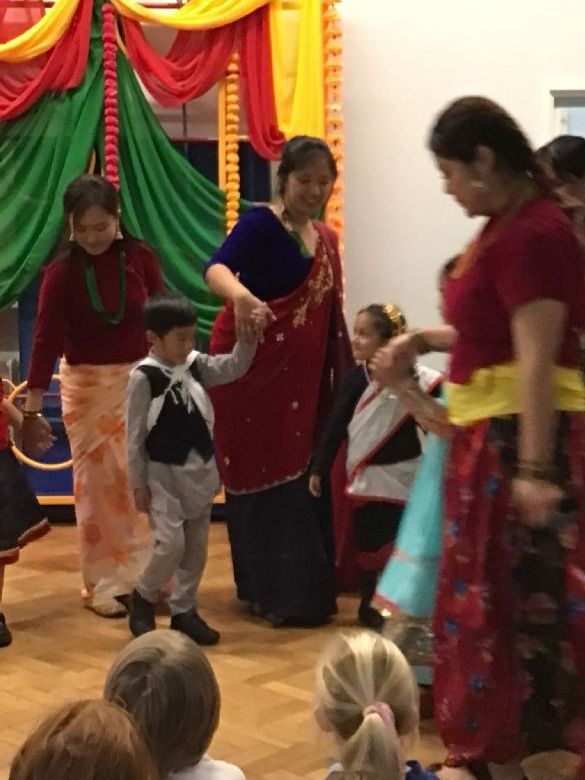
and making diva lamps...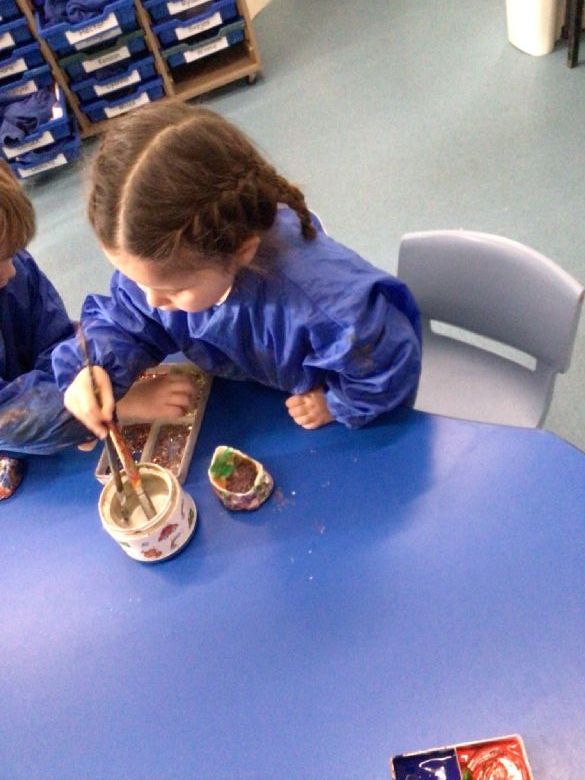
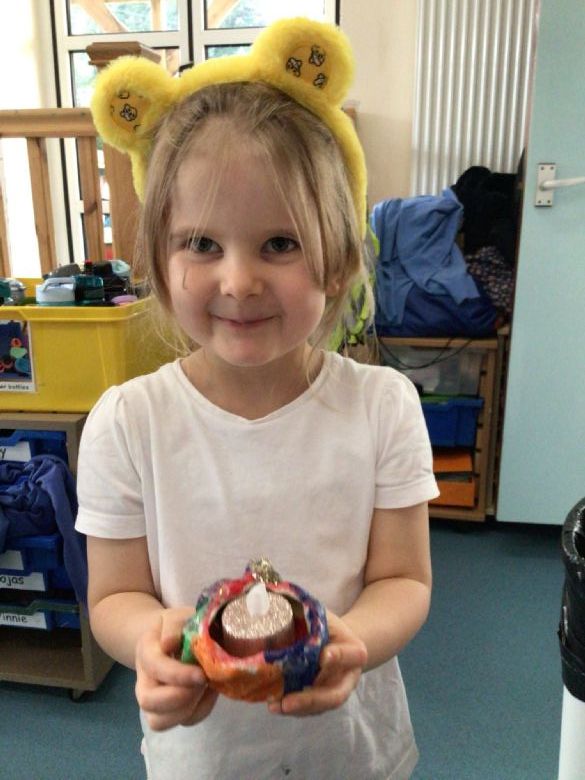
All kinds of special places book accessed in the continuous provision...
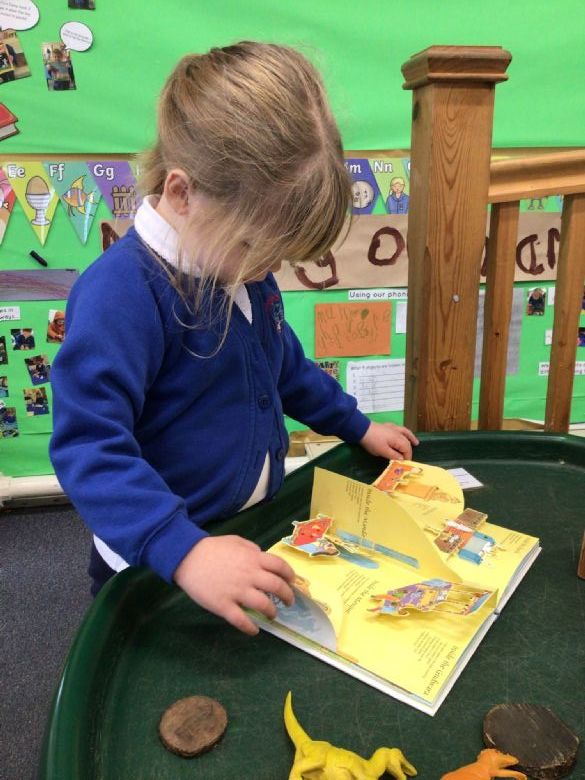
Taking part in our Harvest Festival...
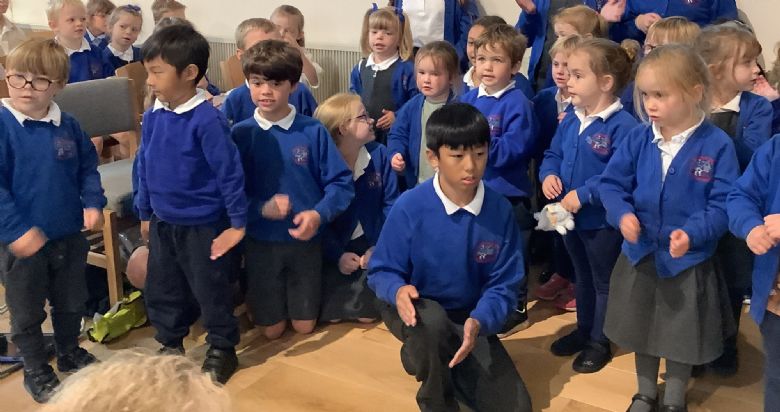
How different people pray...
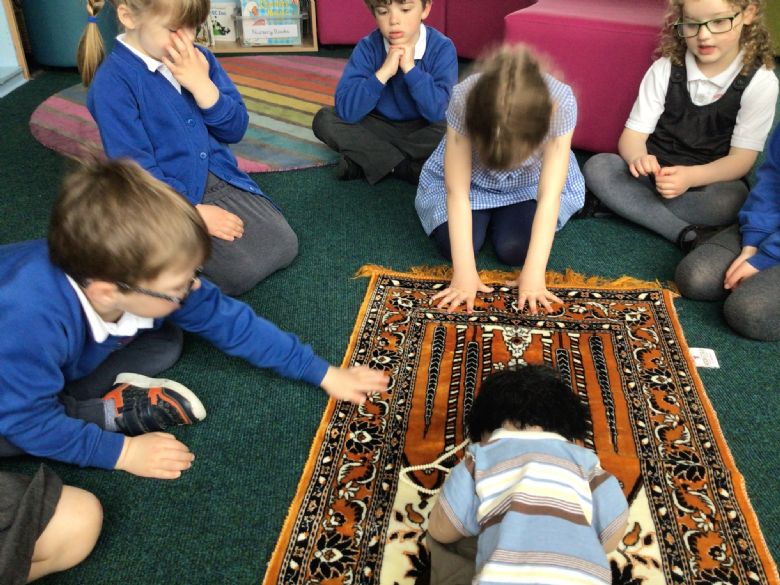
Exploring Religion and Art...
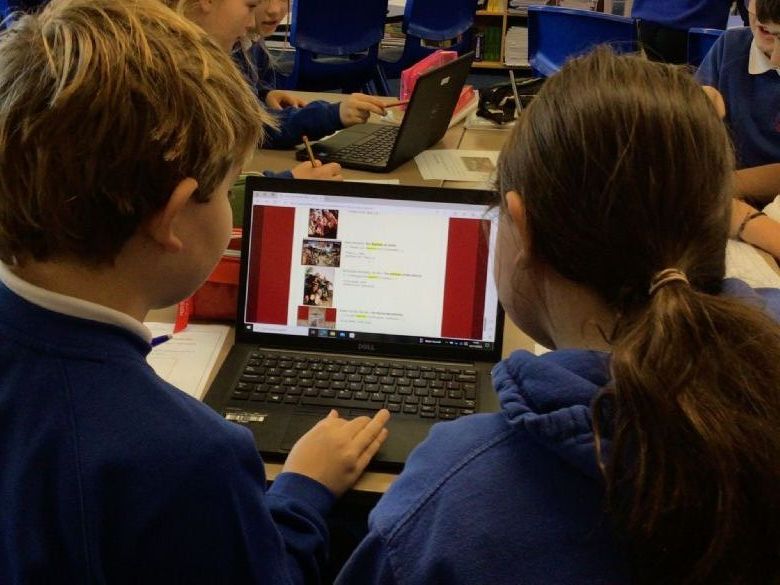
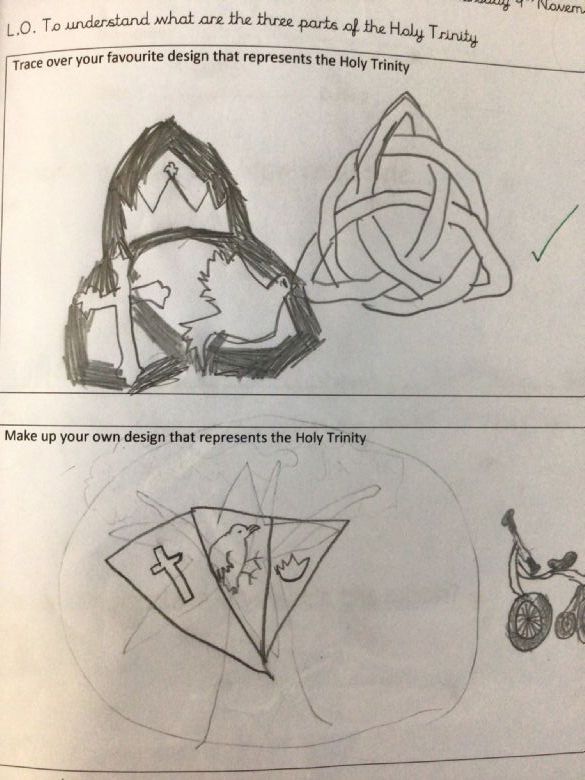
Godly play...
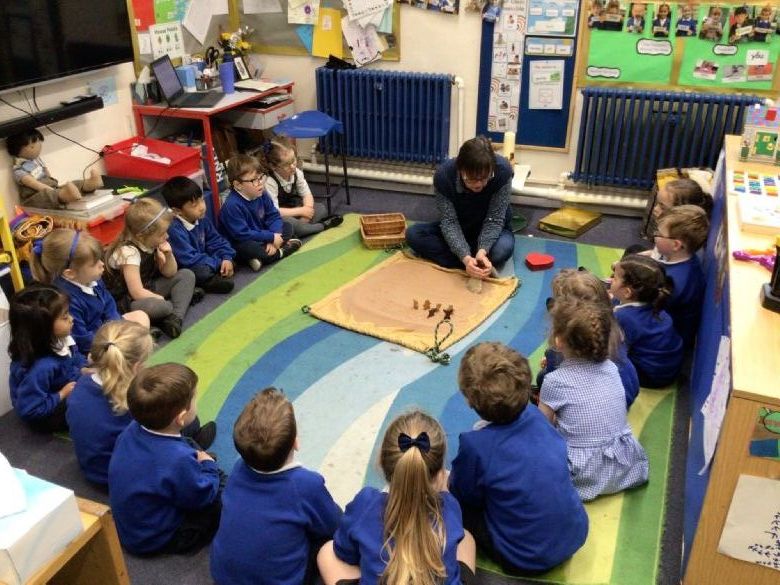
RE Lead - Mrs Louise Breen

